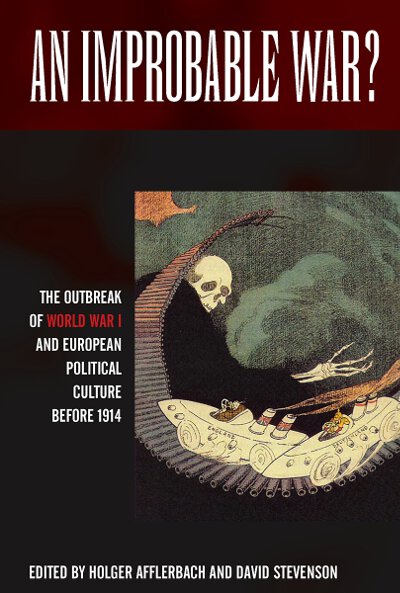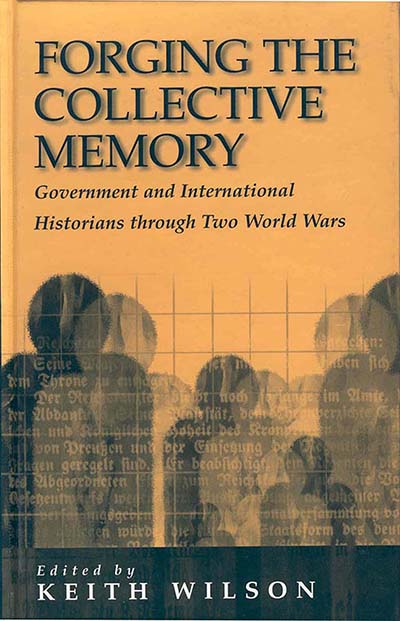
See Related
History JournalsEmail Newsletters
Sign up for our email newsletters to get customized updates on new Berghahn publications.
An Improbable War?
The Outbreak of World War I and European Political Culture before 1914
Edited by Holger Afflerbach and David Stevenson
380 pages, illus., bibliog., index
ISBN 978-1-84545-275-9 $150.00/£115.00 / Hb / Published (October 2007)
ISBN 978-0-85745-310-5 $29.95/£23.95 / Pb / Published (January 2012)
eISBN 978-0-85745-596-3 eBook
Reviews
"...outstanding scholarly analyses...These essays comprise a valuable addition to the never-ending debate on the causes of the Great War." · Stand To! The Journal of the Western Front Association
"...vigorously and thoughtfully renews one of the great, enduring questions of twentieth-century European and world history. This is a landmark book that sums up the state of research and suggests fruitful possibilities for going forward." · German Studies Review
"The value of the book is in the chapters, all of which are thoughtful and well argued." · The International History Review
"Like any provocative book, this one forced me to rethink some of my historiographical assumptions." · Bryan Ganaway, College of Charleston
Description
The First World War has been described as the "primordial catastrophe of the twentieth century." Arguably, Italian Fascism, German National Socialism and Soviet Leninism and Stalinism would not have emerged without the cultural and political shock of World War I. The question why this catastrophe happened therefore preoccupies historians to this day. The focus of this volume is not on the consequences, but rather on the connection between the Great War and the long 19th century, the short- and long-term causes of World War I. This approach results in the questioning of many received ideas about the war's causes, especially the notion of "inevitability."
Holger Afflerbach specializes in 19th- and 20th- Century German history; international relations; military history, particularly World War I and World War II, as well as Austrian and Italian history and has written widely on these topics. He is Professor of Central European History at the University of Leeds.
David Stevenson is Stevenson Professor of International History at the London School of Economics and Political Science. He specializes in the history of international relations in Europe since c.1900, with particular reference to the World War I. His recent publications include Armaments and the Coming of War: Europe, 1904-1914 (Oxford, 1996), Cataclysm: The First World War as Political Tragedy (New York, 2004) amd With Our Backs to the Wall: Victory and Defeat in 1918 (Allen Lane, 2011)

